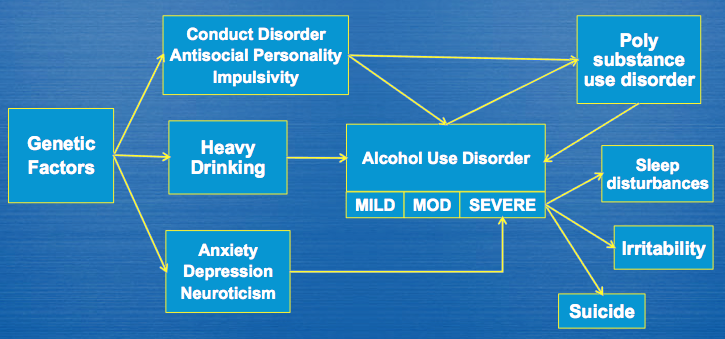The Ehlers Laboratory
This laboratory, over the last 30 years at the The Scripps Research Institute, has focused on the use of neuropharmacology and genetics to understand normal brain function as well as the etiology of two common forms of mental illness: affective disorder (depression) and substance abuse (alcohol and drug dependence). This work encompasses parallel studies in animal models and clinical populations, which is currently called “translational research”. This type of research allows investigators to simultaneously evaluate disorders in patients and to model the condition in animals so that progress toward understanding the causes and cures for these disabilities can be more rapidly pursued.
The current and main focus of the laboratory is to determine the central nervous system etiology of substance abuse. Our strategy in studying these disorders in patients has been to capitalize on the use of new accurate structured diagnostics, using clinical and physiological measures, combined with the latest genetic techniques in order to identify risk and protective factors for the disorders of alcohol and drug dependence. Since the prevalence of substance dependence varies among certain racial/ethnic groups, we have also focused on studying a wide range of ethnic groups in order to evaluate genetic and cultural differences that may lead to new clues for the causes of the disorders. Parallel (translational) studies have been carried out in animal models of the disorder. The ultimate goal is not only to discover causes for the disorders but also to identify new opportunities for intervention and prevention at the community level in different ethnic groups.


